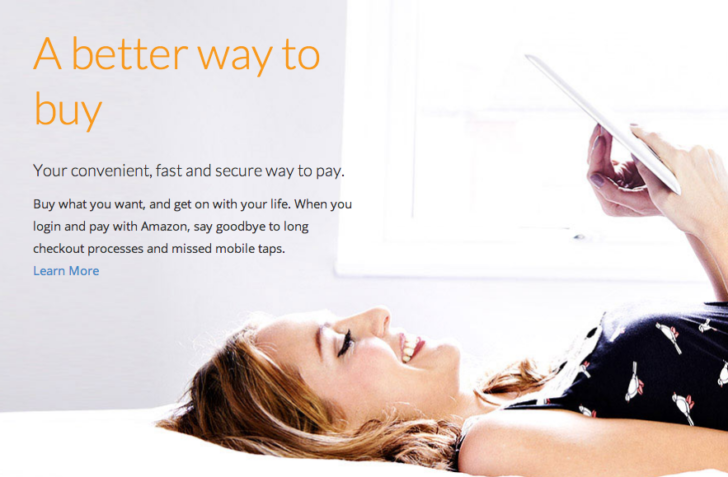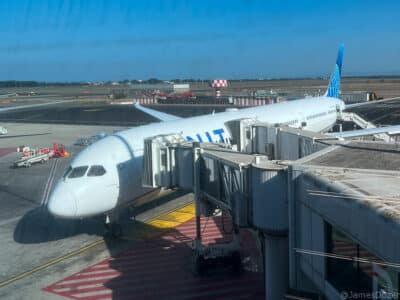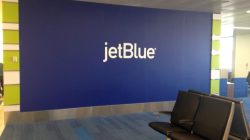View from the Wing shared yesterday afternoon that Amazon Payments — one of the easiest and cheapest ways to generate free miles through manufactured spend — is pulling the plug on peer-to-peer transactions. Beginning on October 13 you will no longer be able to send money to another person.
Many people, including me, have been using this feature to send up to $1,000 every month to a friend or family member by using a credit card to process the charge with no fee. The recipient would then withdraw the funds to a checking account and send the money back (also with a credit card). Usually a circle of three or more people was used to evade detection, but it wasn’t very challenging. It has just been one of those long hanging fruits you take advantage of every month to rack up a little extra MS. It’s virtually risk free, costs nothing, and less intimidating than walking around with thousands of dollars in debit cards or money orders in your pocket.
The new Terms & Conditions go into effect on October 13. That means you can transfer money until October 12. And you can transfer up to $1,000 every calendar month. If you jump in today, you can get in one transfer for September and another for October before the door closes shut. You may even be able to use the same card for other accounts to charge a little more; I certainly have.
Unfortunately this change isn’t very surprisingly to me. I had noticed a change in how the website appeared starting a short while ago. The log in page appeared to be placing greater focus on differentiating individuals vs. merchants (not a good sign, as before all accounts were pretty much the same).
I think the timing has to do with the recent roll out of Amazon Local Register, a payment processing service similar to Square that I was one of the first to cover. When comparing card payment providers, consider the overall value they provide for your business. That remains an opportunity for manufactured spend as far as I know, essentially buying miles for 1.75 cents each (don’t forget some cash back cards earn 2% or more). However, Local Register does come with some IRS reporting requirements once you pass certain thresholds.






